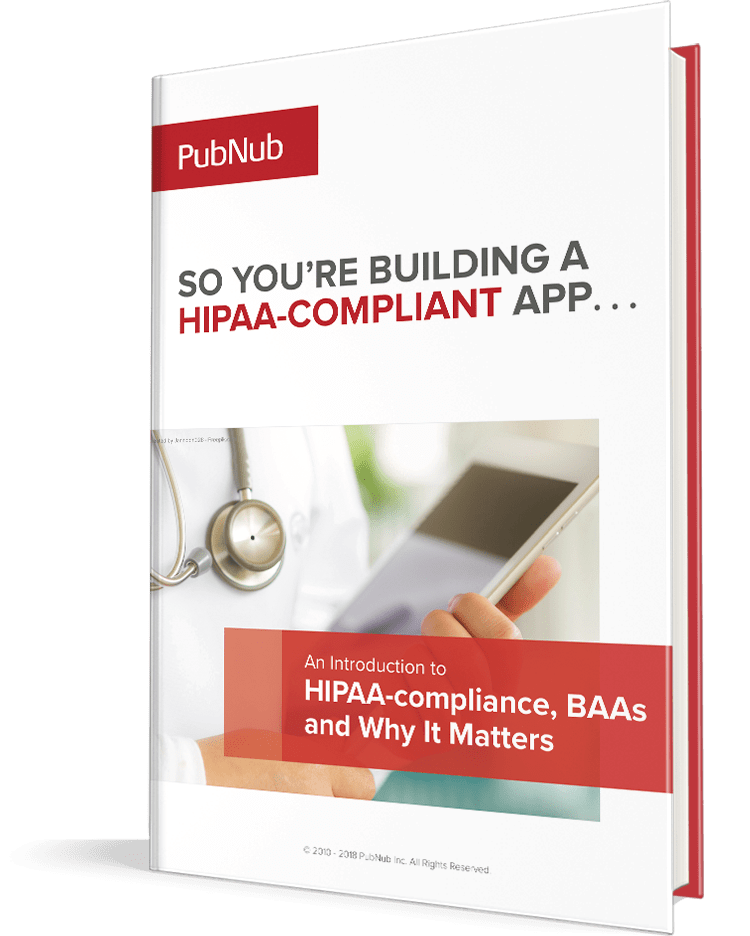IN THIS ARTICLE
Subscribe to Our Newsletter
In our previous post, we introduced you to the cognitive era, talked about how we got there and covered what’s to come. Now let’s look at what it means to you. Across all industries, the cognitive era brings massive benefits to both the modern business as well as the customers and end-users.
Benefits to Businesses
Advertising and customer acquisition has made giant strides in understanding the market and individual consumers. Businesses can track activity, target based on demographics and identity, and automate marketing messages based on basic parameters.
Businesses today have a wealth of data at their fingertips, but it’s unstructured, making it incredibly challenging to make sense of. Cognitive services open up the doors to understand their customers at a much deeper level and make data-driven decisions based on that data. They can predict and forecast with much greater accuracy and track trends from any number of data sources spread across
the organization.
But it’s not just the capabilities of the cognitive systems, but also their relation to realtime data streaming, which delivers the data as events occur, whether it be an order being placed, a change in temperature, or a new customer coming on board. Businesses can now gain immediate insight into customer action and their own performance and can make fast, in-the-moment decisions to capitalize and beat the competition.
Benefits to Customers
The cognitive era isn’t just ushering in a new way to understand customers and the business itself. It’s also creating value for the end users by delivering more enhanced experiences for them.
This is where helpful, intelligent automated bots will make recommendations and answer questions at any time, anywhere. Wearables will deliver curated offers based on proximity. Voice- controlled personal assistant products can be the gateway to ordering products, controlling your home, making plans, and finding out important information.
Conversational interfaces are already becoming a mission-critical gateway for end users to engage with businesses and organizations. Think of an end user interacting with a business that sells car parts. It’s incredibly powerful that a chatbot can continue to build a relationship with an end user based on prior conversations and factoring in historic activity and demographic information. At the chatbot’s beck and call is the entire businesses database of products, stock data, other customer data, and more—all that can be used to tailor targeted responses to the end user. This creates an experience more tailored and faster than any human service agent could provide (not to mention, no worry about headcount. The bot is always available!)
For consumers, cognitive services will power the everyday experiences of how we use apps. They’ll grow smarter, deliver more value, and grow better relationships between businesses and the end users.
So, what are some real-life implementations?
In our next part, we’ll walk through a couple real-life use cases of the cognitive era, from big data, to edge computing, to realtime.
Want in-depth analysis? Check out our full eBook Welcome to the Cognitive Era: The New Generation of Computing.











